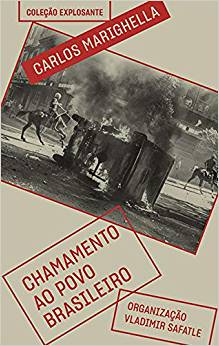
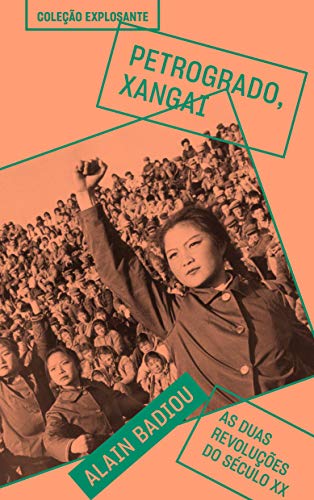
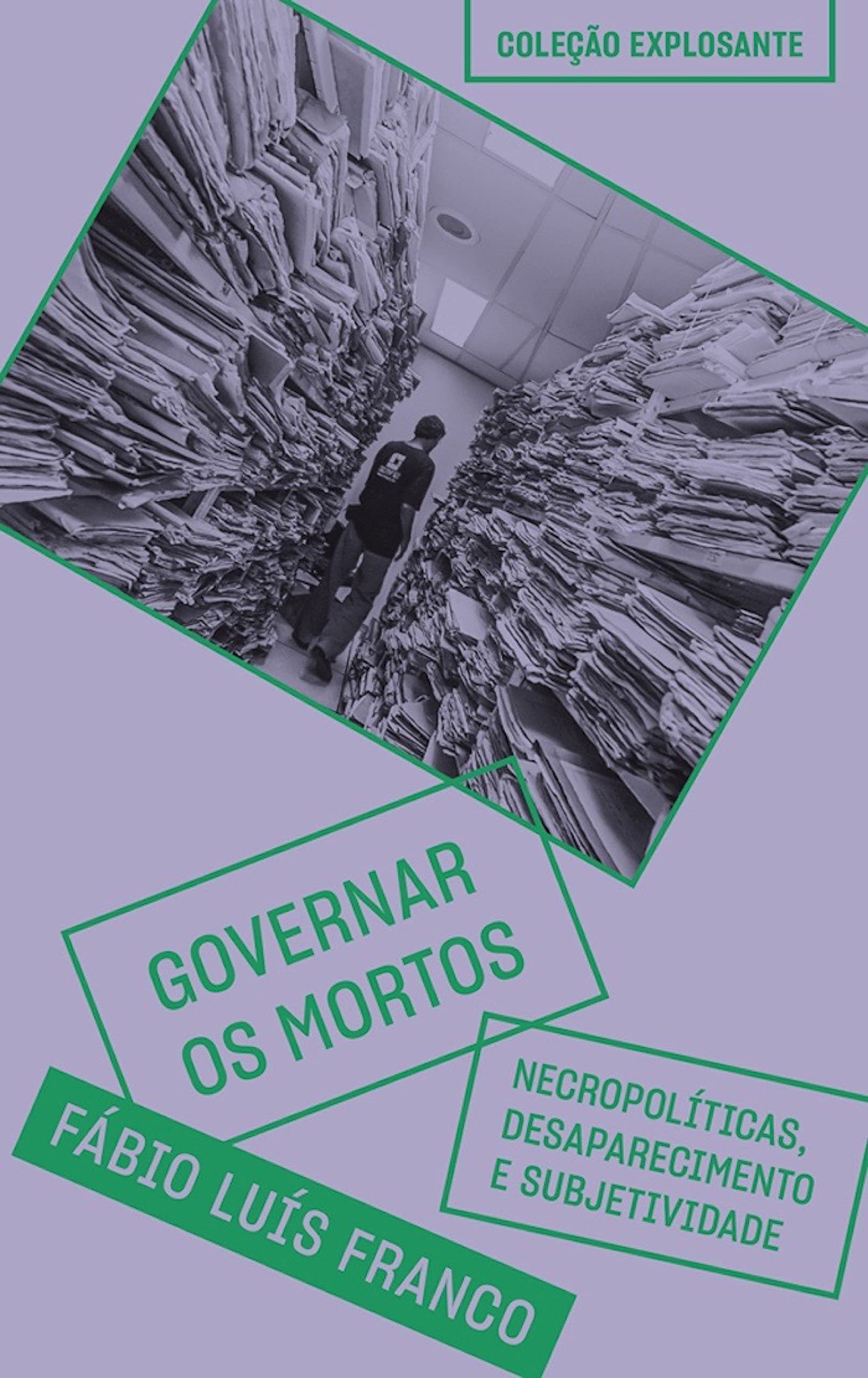
Books in series

Chamamento Ao Povo brasileiro
2018

Petrogrado, Xangai
2018

Governar os mortos
Necropolíticas, desaparecimento e subjetividade
2021
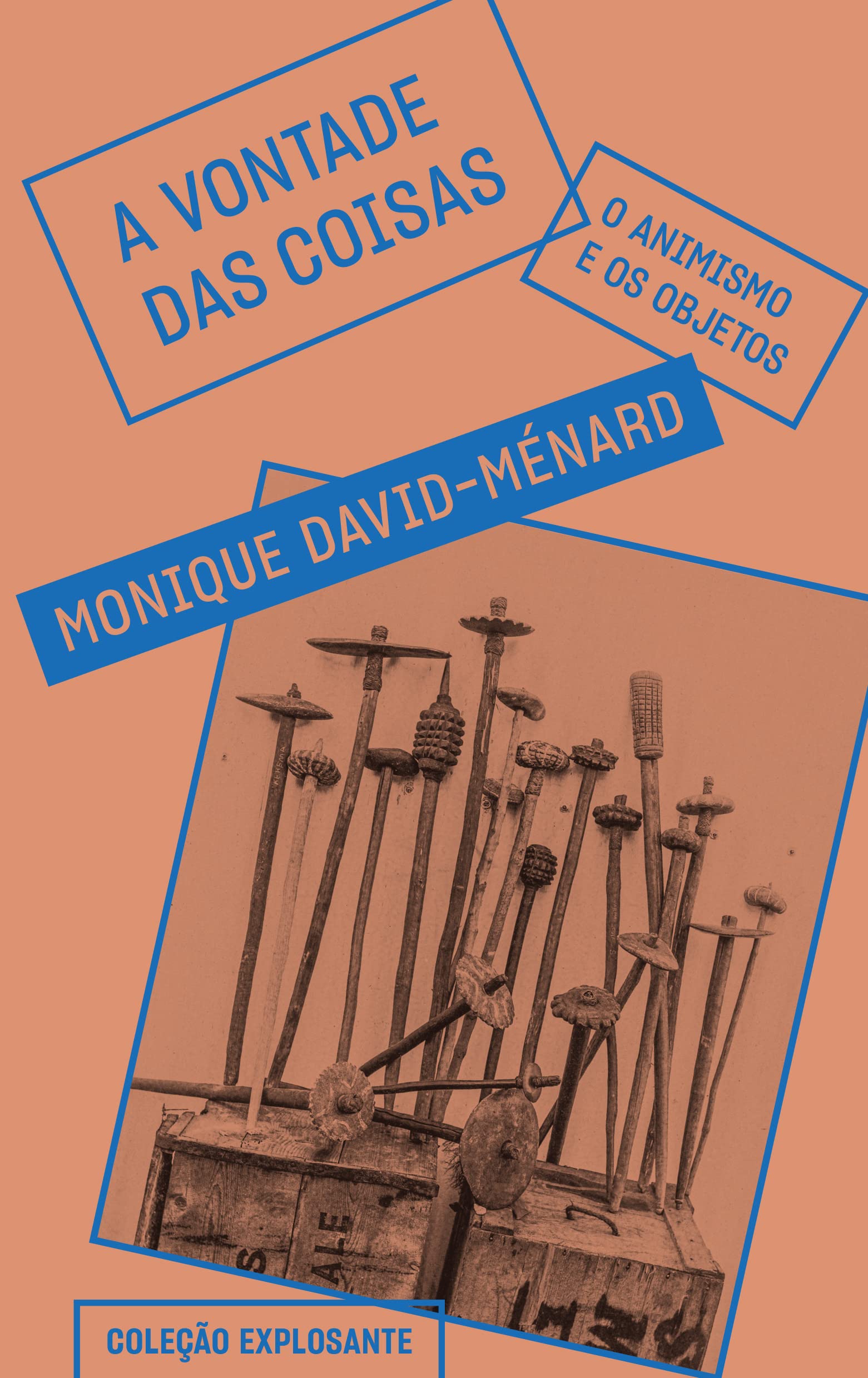
A vontade das coisas
O animismo e os objetos
2022
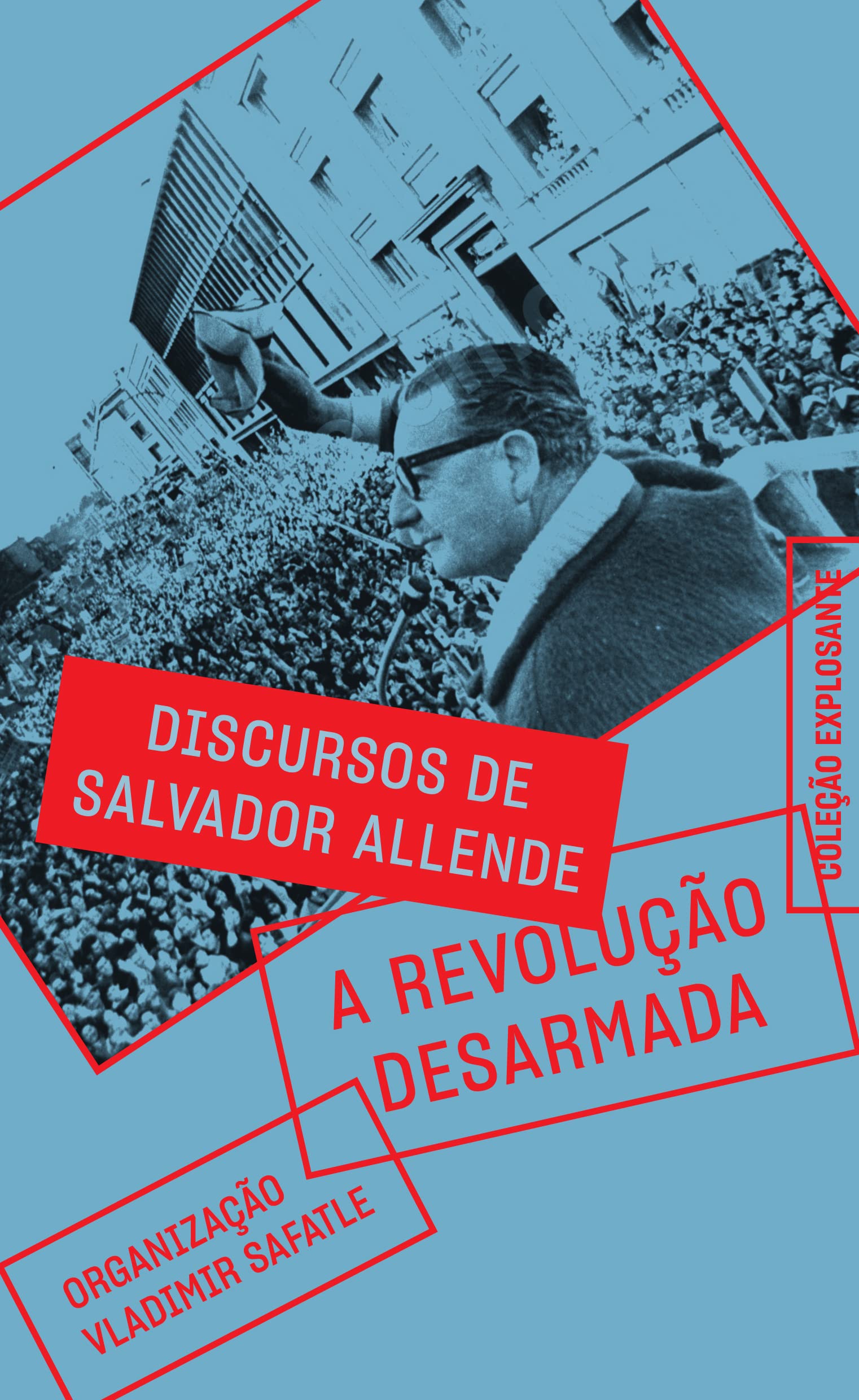
A revolução desarmada – Discursos de Salvador Allende
2022
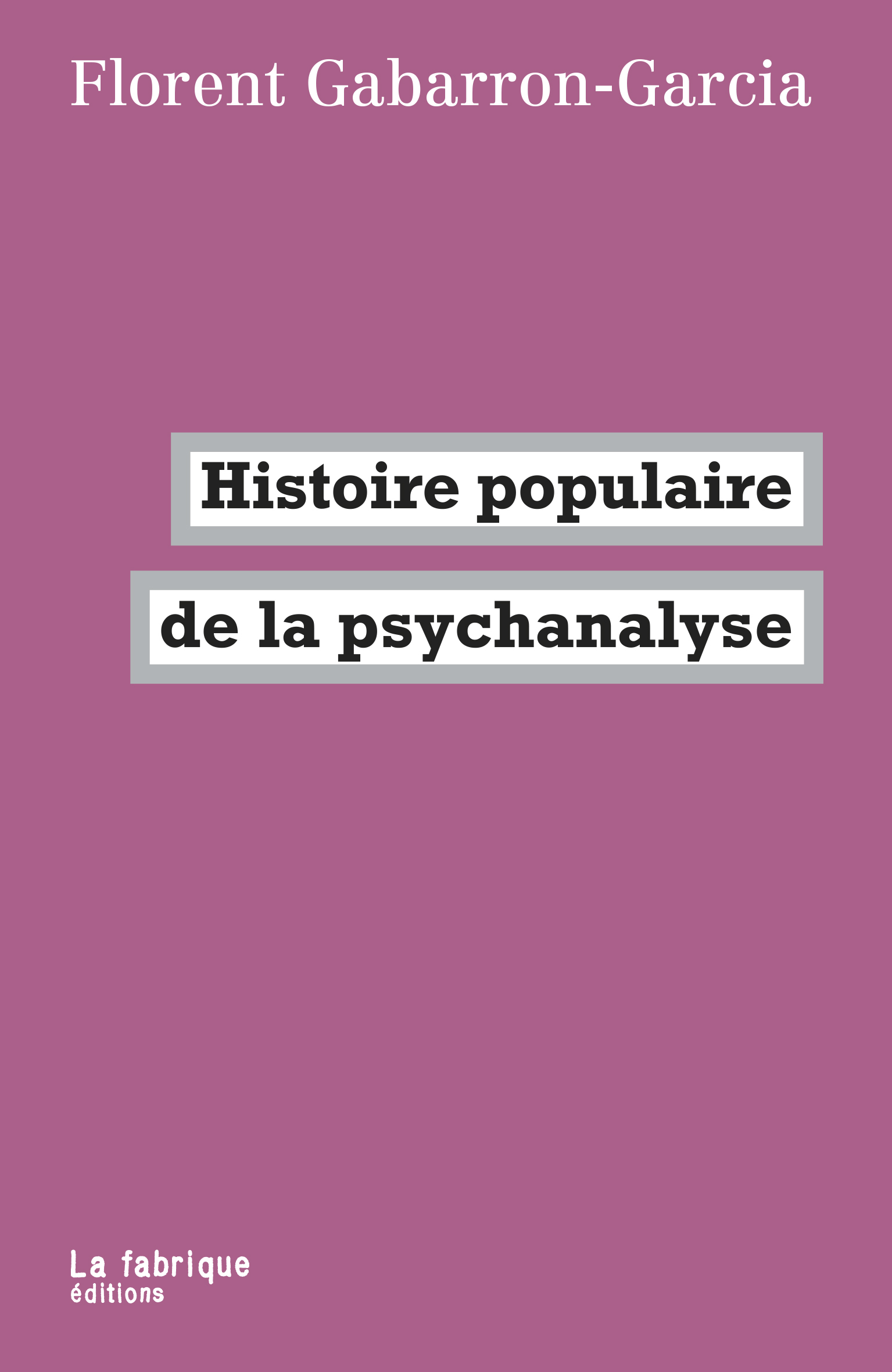
Histoire populaire de la psychanalyse
2021
Authors

Alain Badiou, Ph.D., born in Rabat, Morocco in 1937, holds the Rene Descartes Chair at the European Graduate School EGS. Alain Badiou was a student at the École Normale Supérieure in the 1950s. He taught at the University of Paris VIII (Vincennes-Saint Denis) from 1969 until 1999, when he returned to ENS as the Chair of the philosophy department. He continues to teach a popular seminar at the Collège International de Philosophie, on topics ranging from the great 'antiphilosophers' (Saint-Paul, Nietzsche, Wittgenstein, Lacan) to the major conceptual innovations of the twentieth century. Much of Badiou's life has been shaped by his dedication to the consequences of the May 1968 revolt in Paris. Long a leading member of Union des jeunesses communistes de France (marxistes-léninistes), he remains with Sylvain Lazarus and Natacha Michel at the center of L'Organisation Politique, a post-party organization concerned with direct popular intervention in a wide range of issues (including immigration, labor, and housing). He is the author of several successful novels and plays as well as more than a dozen philosophical works. Trained as a mathematician, Alain Badiou is one of the most original French philosophers today. Influenced by Plato, Georg Wilhelm Friedrich Hegel, Jacques Lacan and Gilles Deleuze, he is an outspoken critic of both the analytic as well as the postmodern schools of thoughts. His philosophy seeks to expose and make sense of the potential of radical innovation (revolution, invention, transfiguration) in every situation.
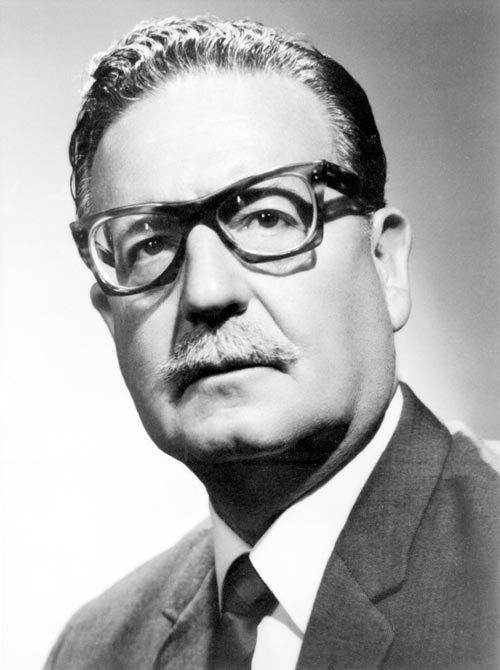
Salvador Guillermo Allende Gossens (Spanish: [salβaˈðoɾ aˈʝende ˈɣosens]; 26 June 1908 – 11 September 1973), more commonly known as Salvador Allende, was a Chilean physician and politician, known as the first Marxist to become president of a Latin American country through open elections. Allende's involvement in Chilean political life spanned a period of nearly forty years. As a member of the Socialist Party, he was a senator, deputy and cabinet minister. He unsuccessfully ran for the presidency in the 1952, 1958, and 1964 elections. In 1970, he won the presidency in a close three-way race. He was elected in a run-off by Congress as no candidate had gained a majority. As president, Allende adopted a policy of nationalization of industries and collectivization; due to these and other factors, increasingly strained relations between him and the legislative and judicial branches of the Chilean government—who did not share his enthusiasm for socialization—culminated in a declaration by Congress of a "constitutional breakdown." A center-right majority including the Christian Democrats, whose support had enabled Allende's election, denounced his rule as unconstitutional and called for his overthrow by force. On 11 September 1973, the military moved to oust Allende in a coup d'etat sponsored by the United States Central Intelligence Agency (CIA). As troops surrounded La Moneda Palace, he gave his last speech vowing not to resign. Later that day, Allende shot himself dead with an assault rifle, according to an investigation conducted by a Chilean court with the assistance of international experts in 2011. Following Allende's deposition, General Augusto Pinochet declined to return authority to the civilian government, and Chile was later ruled by a military junta that was in power up until 1990, ending almost 41 years of Chilean democratic rule. The military junta that took over dissolved the Congress of Chile and began a persecution of alleged dissidents, in which thousands of Allende's supporters were kidnapped, tortured, and murdered.
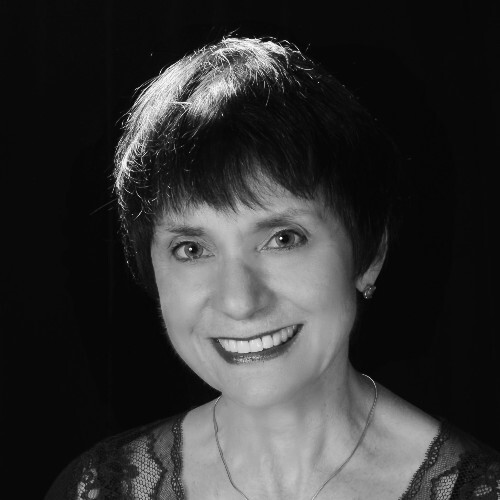
Monique David-Ménard has a double career, as a professor of philosophy and a practicing psychoanalyst. As the Director of the Centre d’études du vivant (2005-2011), she established the field of research “Gender and Sexualities” at the University Paris-Diderot/Paris 7. She has been invited to teach at a wide variety of universities wordwide: Ruhr University Bochum, Diego Portalès, Santiago de Chile, Universitad de Chile, Universitad de Sao Paulo, UNAM, Mexico, as well as Columbia University. As a psychoanalyst, she has been a member of the Société de Psychanalyse Freudienne since its foundation in 1994. She is also a co-founder of the ISPP (International Society for Psychoanalysis and Philosophy) and a member of the International Network of Women Philosophers (UNESCO).

Carlos Marighella (5 December 1911 – 4 November 1969) was a Marxist Brazilian writer, politician, and guerilla fighter who lived during the 20th century. Marighella's most famous contribution to revolutionary literature was the Minimanual of the Urban Guerrilla, consisting of advice on how to disrupt and overthrow an authoritarian regime, aiming at revolution. Written shortly before his death late 1969 in São Paulo, Minimanual was first published in North America by The Berkeley Tribe in California in July 1970 in an English edition. Marighella also wrote For the Liberation of Brazil. The theories laid out in both books have greatly influenced contemporary ideological activism.